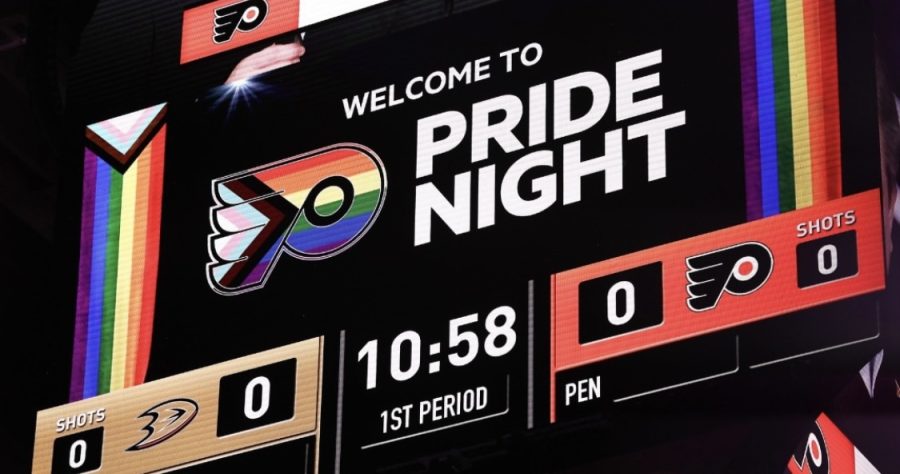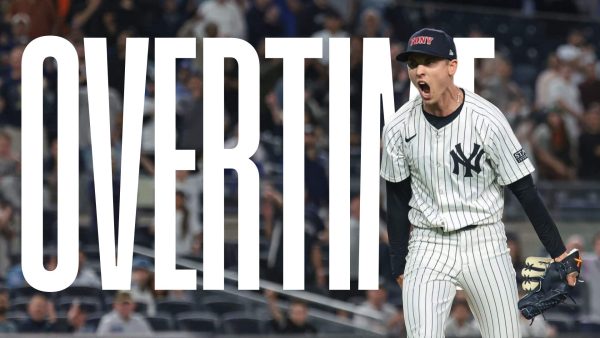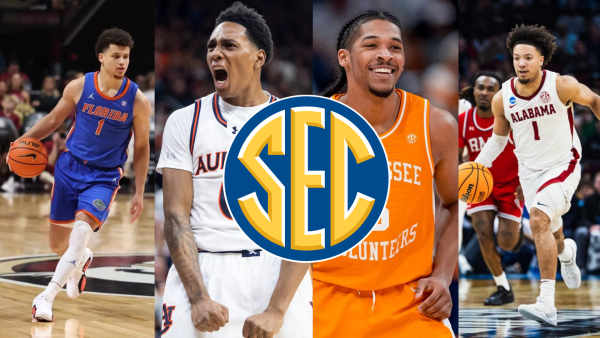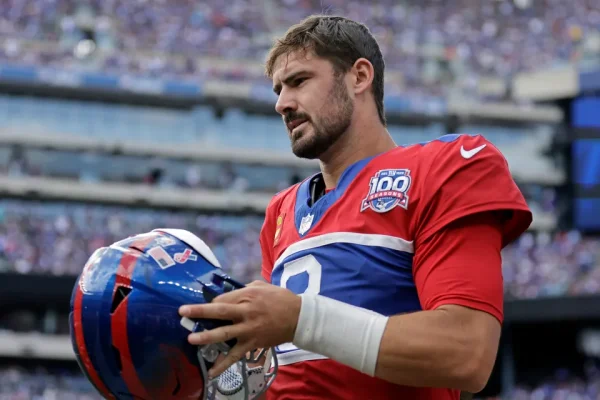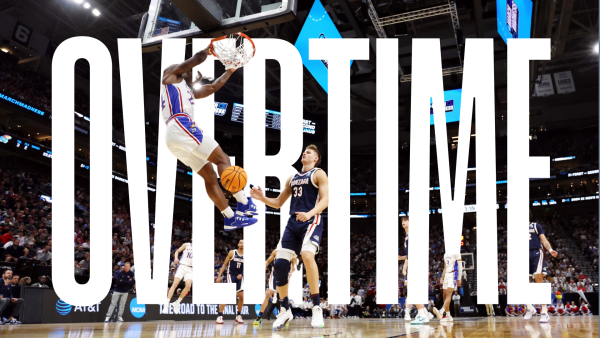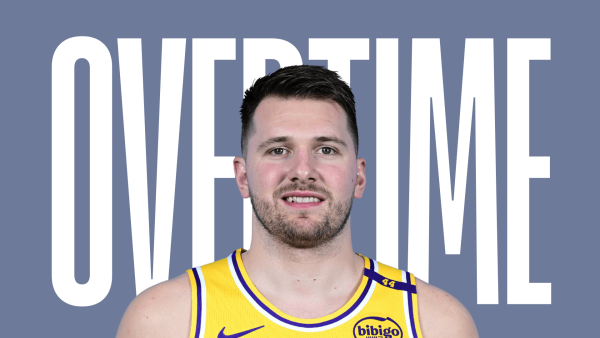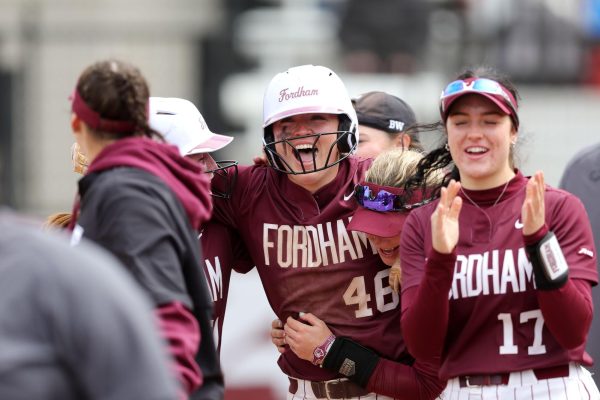Overtime: Rangers Botched Pride Night Shines Light on the NHL’s Inclusivity Problem
All 32 NHL teams were scheduled to have a Pride Night as part of their “Hockey is for Everyone” campaign, which seeks to use the league’s global influence to foster positive social change in a number of demographics. What should have been a celebration of the LGBTQ+ community spiraled down into a PR nightmare for the NHL, and a disappointing reminder that inclusivity is still an issue in the NHL.
The first controversy hit in early January when Philadelphia Flyers defenseman Ivan Provorov boycotted a pregame warmup that featured pride-themed equipment. Provorov cited his Russian-Orthodox religion, saying “I respect everyone’s choices. My choice is to stay true to myself and my religion. That’s all I’m gonna say.” Flyers head coach John Tortorella backed Provorov’s decision, telling the media “just because you don’t agree with his decision doesn’t mean he did anything wrong.”
Nine days later, the New York Rangers hit the ice for Pride Night without Pride-themed jerseys and without special pregame warmup jerseys and stick tape, all of which had been advertised as part of the promotion. The Rangers did not make an announcement prior to the game, and only issued a statement after two days of critical backlash. In the Rangers’ brief statement, they said, “Our organization respects the LGBTQ+ community and we are proud to bring attention to important local community organizations as part of another great Pride Night. In keeping with our organization’s core values, we support everyone’s individual right to respectfully express their beliefs.”
Speculation arose that the Rangers were trying to avoid a Provorov-PR nightmare by scrapping the night all together. In doing so, they traded one nightmare for another. The Rangers were criticized, not only for scrapping the night, but for making zero acknowledgement of the decision prior to or directly after the game. Two separate players told the New York Post that they were unaware of the decision prior to the game and did not know why they did not wear the pride-themed equipment. While donations were still made to a LGBTQ+ organization, the night can be seen as nothing more than a half measure, and even that might be lenient.
Recently during the NHL’s All-Star Weekend, NHL commissioner Gary Bettman defended the actions of Provorov and the Rangers, saying “You know what our goals, our values and our intentions are across the league, whether it’s at the league level or at the club level. But we also have to respect some individual choice, and some people are more comfortable embracing themselves in causes than others. And part of being diverse and welcoming is understanding those differences.”
There are deep and complex conversations to be had about the players’ right to individual choice. The simple truth is we can’t force every NHL player to be an LGBTQ+ ally. In a perfect world, we wouldn’t have to, but if the past month has made anything crystal clear, the world and the NHL are far from perfect.
For me, here’s the real crux of the conversation. Does allowing and supporting NHL players who refuse to partake in Pride Night undermine the NHL’s efforts to diversify hockey and welcome inclusion? I’d argue it certainly does. These players represent the NHL. When you make a statement like that, you represent more than just yourself – you represent the entire league. Bettman and Tortorella are correct in the sense that we have to respect their decision and their beliefs. But we don’t have to agree with it and we certainly don’t have to support it, certainly not at a league-wide level.
More than anything else, these controversies take away from the real goal of Pride Night: to foster positive social change and create a community where people from every demographic can feel welcome. For the LGBTQ+ community, which may already feel unwelcome in the world of professional sports, seeing the actions of Provorov and the Rangers defended by the commissioner of the NHL is a brutal blow that indicates we are still far away from that goal. These two controversies take the lead in the mainstream media, burying much of the good that came from Pride Nights all across the league.
While Provorov’s boycott garnered attention, Flyers captain Scott Laughton and teammate James Van Riemsdyk, longtime allies of the LGBTQ+ community, made 13-year-old non-binary hockey player Trin Stephens a guest of honor at the Flyers’ Pride Night, and spent time with Trin after the game. Laughton and Van Riemdsyk have partnered with several LGBTQ+ non profit organizations since the beginning of the seasons, hosting members of the LGBTQ+ community at every home game. Laughton emphasized the ultimate goal of Pride Night, noting “Just to bring new people into the game that probably wouldn’t feel very welcome before. I think it’s starting to change slowly and just want to be a little bit of a voice and part of that.” This overarching goal gets hidden beneath these controversies as the failures greatly overshadow the steps towards progress.
Brian Burke is an executive of the Pittsburgh Penguins and a longtime LGBTQ+ ally in the NHL since his son publicly came out more than a decade ago. Burke shared his disappointment and frustration, but added “I would view this as a much bigger setback if I didn’t view it as ‘we’re still going the right way.’ As disappointed as I am, it’s important that people realize these are setbacks of a minor nature, in my view, in terms of where we are, versus where we were 12 years ago. And I don’t think anyone should lose sight of that.”
Burke’s words seek to instill hope, and it does appear he may be right. Ultimately, the NHL may be moving in the right direction. However, they can’t afford to have too many setbacks, even if they are just minor. The campaign may say “Hockey is for everyone,” but that was not the message that was sent this year.
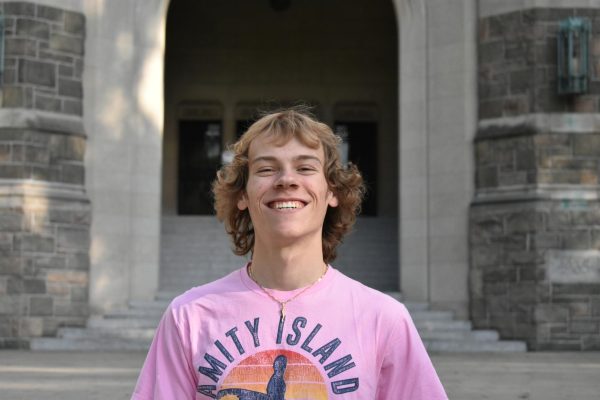
Lou Orlando is a junior from Brooklyn, N. Y. majoring in journalism. He joined the Ram as a freshman, writing articles for the sports section. Lou is thrilled...



































































































































































































